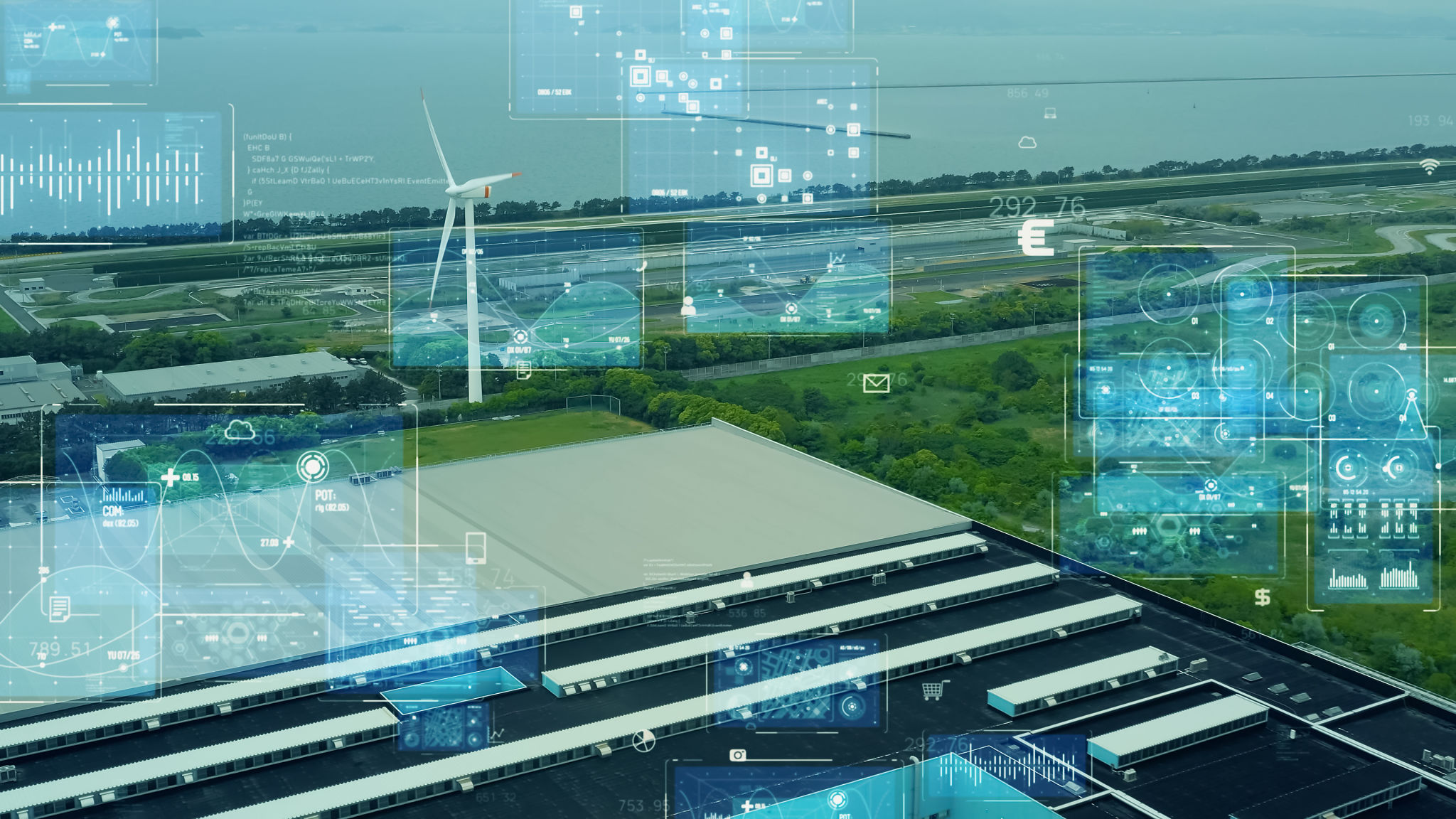How to Optimize Energy Consumption with AI: A Comprehensive Guide
In today's rapidly advancing technological landscape, optimizing energy consumption has become a priority for businesses and individuals alike. Leveraging the power of Artificial Intelligence (AI) offers innovative solutions to manage and reduce energy usage effectively. By integrating AI technologies, we can achieve significant improvements in energy efficiency, leading to cost savings and a reduced carbon footprint.

Understanding the Role of AI in Energy Optimization
AI can process vast amounts of data quickly and accurately, making it an ideal candidate for optimizing energy consumption. By analyzing data from various sources, AI can identify patterns and provide actionable insights to improve energy efficiency. This capability is particularly beneficial in industries with high energy demands, such as manufacturing, transportation, and data centers.
AI-driven energy management systems can automate routine tasks, predict energy needs, and adjust operations in real-time. This dynamic approach ensures that energy is used only when necessary, minimizing waste and enhancing overall efficiency. Moreover, AI can help integrate renewable energy sources more effectively, balancing supply and demand with precision.
Implementing AI Solutions for Energy Efficiency
To optimize energy consumption using AI, businesses must first select the right tools and technologies. Here are some steps to guide this process:
- Data Collection: Gather data from smart meters, sensors, and other IoT devices to provide a comprehensive view of energy usage.
- AI Model Development: Develop or choose AI algorithms that can analyze the collected data to identify inefficiencies and predict future energy needs.
- Integration: Integrate AI solutions with existing energy management systems to ensure seamless operation and data flow.
- Monitoring and Adjustment: Continuously monitor the system's performance and make adjustments as needed to optimize results.

Benefits of AI-Driven Energy Optimization
Implementing AI for energy optimization offers numerous benefits beyond just cost savings. Firstly, it enhances operational efficiency by reducing reliance on manual processes and human intervention. This automation not only cuts down on labor costs but also minimizes errors associated with manual handling.
Secondly, AI-based systems improve sustainability by optimizing the use of renewable energy sources. By efficiently managing when and how energy is consumed, these systems contribute to a significant reduction in greenhouse gas emissions. This shift is crucial for companies aiming to meet regulatory requirements and achieve sustainability goals.
Overcoming Challenges in AI Energy Optimization
While AI presents numerous advantages, there are challenges that businesses must address to harness its full potential. One key challenge is data privacy and security. As AI systems rely heavily on data, ensuring the protection of sensitive information is paramount. Businesses need robust security measures to safeguard against data breaches and cyber threats.

Another challenge is the initial cost of implementing AI technologies. Although the long-term savings can outweigh these costs, businesses must be prepared for the upfront investment required for infrastructure upgrades, training, and system integration. Careful planning and a clear understanding of the expected return on investment are essential for a successful implementation.
The Future of AI in Energy Management
The future of energy management lies in the continued development and integration of AI technologies. As AI becomes more sophisticated, we can expect even greater advancements in predictive analytics, real-time monitoring, and automated decision-making processes. These innovations will further revolutionize how we approach energy consumption, enabling smarter cities and more sustainable practices worldwide.
In conclusion, optimizing energy consumption with AI represents a significant step forward in achieving efficiency and sustainability. By leveraging this powerful technology, businesses can not only reduce costs but also contribute to a greener planet. As AI continues to evolve, its role in energy management will undoubtedly expand, offering new opportunities for innovation and growth.
